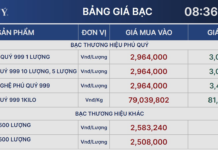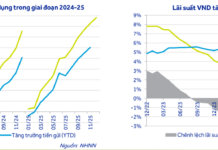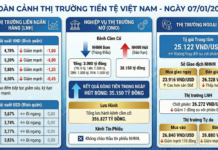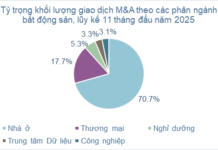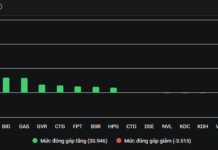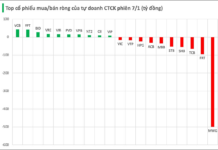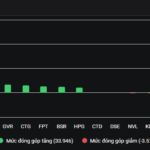Global Coffee Price Hike Benefits Many Families
Not only has there been significant volatility in the international market, but domestic coffee bean prices have also been on the rise. As of November 29, coffee prices reached 131,200 VND/kg, nearing the historical peak of 134,000 VND/kg in April this year.
This is surprising because during the coffee harvest season, prices typically decrease due to abundant supply. However, this year, both fresh and processed coffee beans witnessed simultaneous price hikes, indicating an unusual shift in price trends.
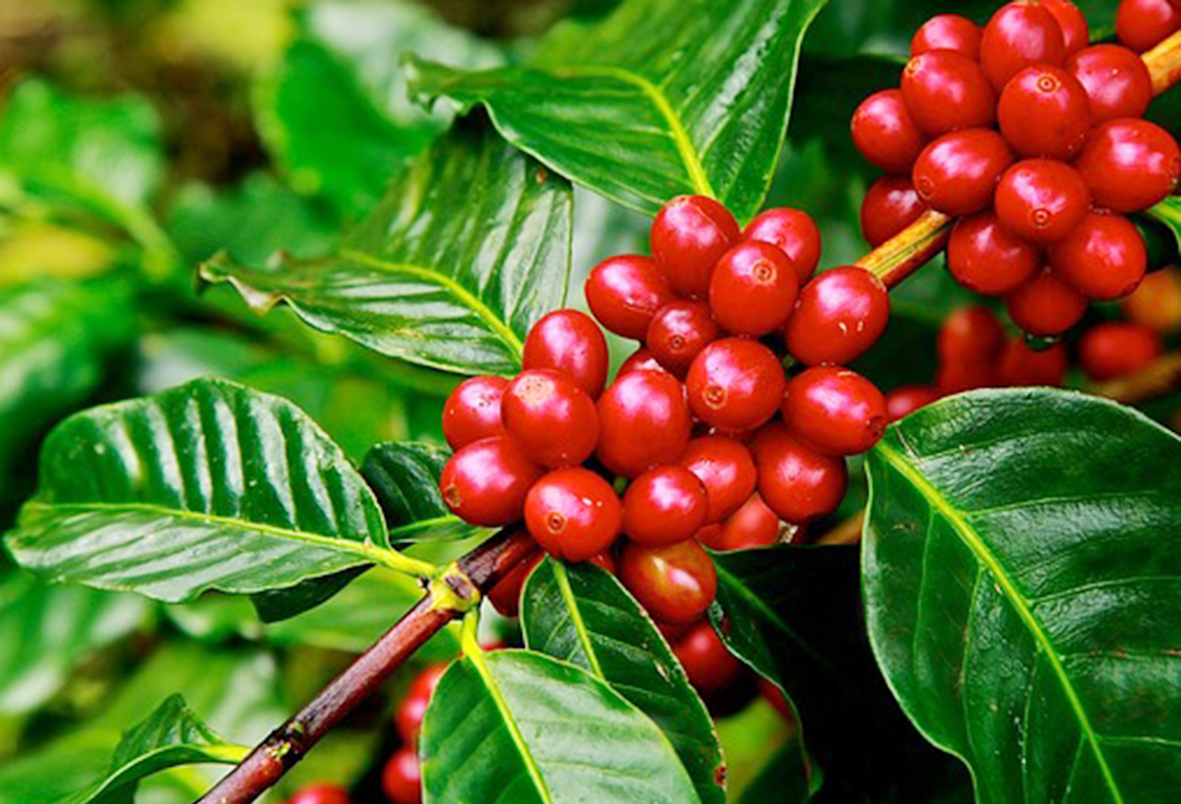

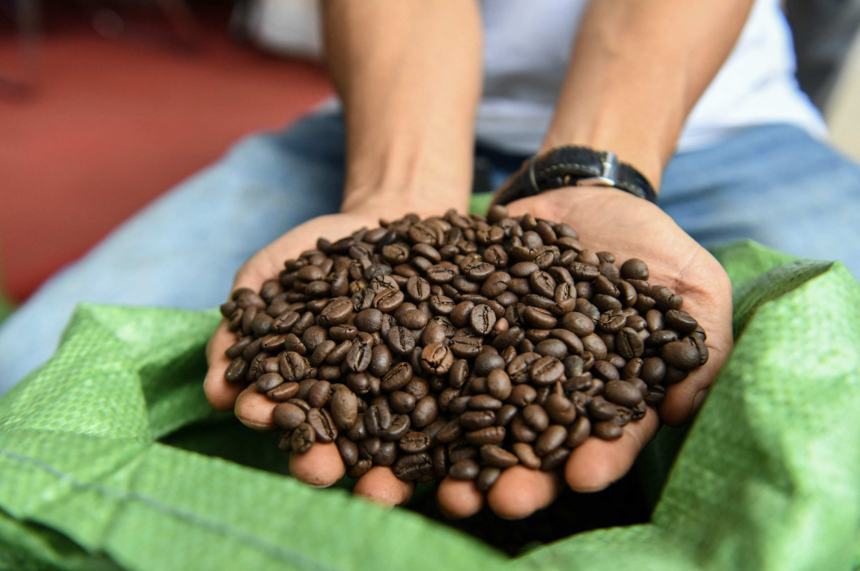

In the Central Highlands provinces, considered the coffee capital of Vietnam, farmers are reaping the benefits of this price surge during the harvest season. A farmer named T. in Dak Mil, Dak Nong, shared that with a yield of approximately 27 tons of coffee beans, he expects to earn around 3.5 billion VND, with an estimated profit of up to 2 billion VND.
Experts believe that if coffee prices remain high, Vietnamese farmers could earn substantial profits. Specifically, with a coffee yield of about 4 tons of beans per hectare, farming just 3 hectares of coffee could result in earnings exceeding 1 billion VND. This not only provides high incomes for coffee-growing households but also contributes significantly to the local economy.
Coffee is not just a popular beverage for its aroma and rich flavor but also for its abundance of antioxidants and beneficial compounds. According to the Institute of Applied Medicine of Vietnam, coffee can reduce inflammation, protect the body from diseases, and support vital bodily functions.
Coffee Beans: The Secret to Longevity for Vietnamese
1. Longevity
Research indicates that regular coffee drinkers have a lower risk of mortality from various conditions such as cardiovascular disease, stroke, diabetes, and kidney failure.
2. Supports Glucose Metabolism
Coffee may reduce the likelihood of developing type 2 diabetes by enhancing glucose metabolism.
3. Heart Failure Prevention
Consuming 1-2 cups of coffee daily can aid the heart in pumping blood more efficiently, thereby lowering the risk of heart failure.


4. Liver Protection
Regular coffee drinkers tend to have healthier liver enzyme levels, reducing the risk of chronic liver diseases.
5. Cancer Risk Reduction
Polyphenols in coffee, such as chlorogenic and caffeic acids, help activate tumor suppressor genes, hindering cancer cell growth.
6. Brain Health
Coffee may decrease the likelihood of Alzheimer’s and cognitive decline, especially in elderly women.
7. Stroke Prevention
Drinking at least one cup of coffee daily can reduce the risk of stroke, a leading cause of death, in women.
6 Groups Who Should Limit Their Coffee Intake
Individuals with Liver Conditions
Patients with liver disease or dysfunction take longer to metabolize caffeine (4-5 hours). Limit consumption to less than 1 cup per day, and avoid drinking it in the evening to prevent sleep disturbances.
People with Digestive Issues
Coffee contains tannic acid, which can stimulate stomach acid secretion, exacerbating abdominal pain or gastric ulcers.
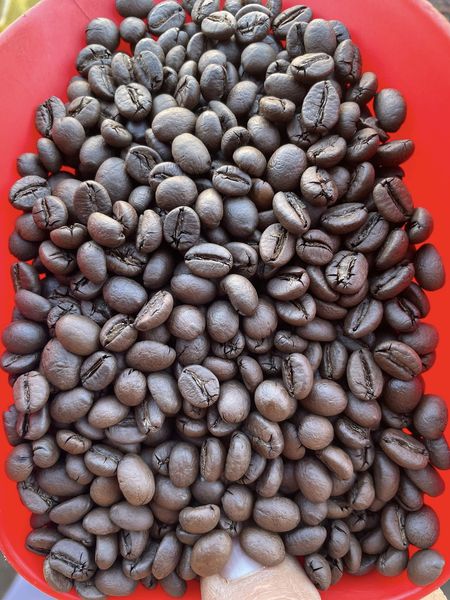
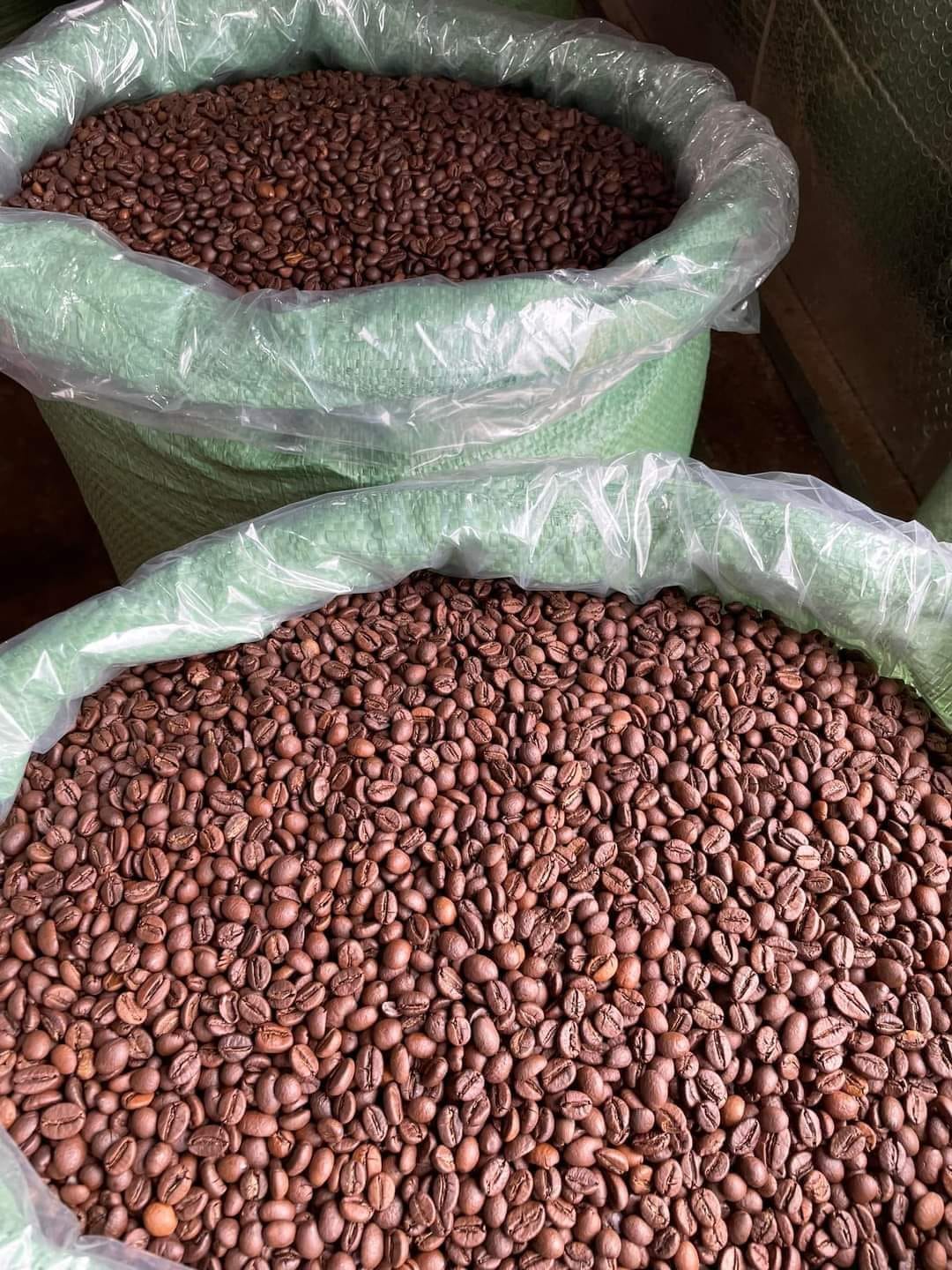
Pregnant Women
Pregnant women should limit caffeine intake as the slower metabolism can impact the fetus, potentially leading to reduced birth weight and height, according to an Irish study published in the American Journal of Clinical Nutrition.
Children
Children’s immature liver and kidney functions result in prolonged caffeine absorption and metabolism, causing insomnia, decreased appetite, and difficulty concentrating.
Individuals with Osteoporosis
Caffeine may decrease bone density by increasing calcium excretion, particularly if consumption exceeds 2 cups per day.
Cardiovascular Patients
Caffeine stimulates the heart to work harder, potentially triggering rapid heart rate and dangerous complications for individuals with heart conditions.





